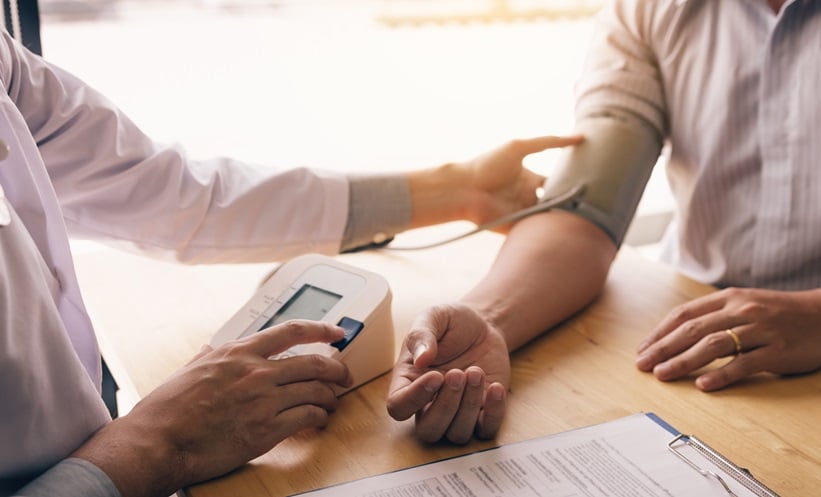DELAYED hypertension diagnosis is common and substantially increases long-term cardiovascular risk while reducing the likelihood of timely antihypertensive treatment, highlighting the urgent need for earlier identification and intervention in clinical practice.
Hypertension is a leading modifiable risk factor for cardiovascular disease, yet delays in its diagnosis and treatment regularly occur in healthcare systems. Early detection is crucial to prevent events such as myocardial infarction, stroke, and heart failure, but despite established guidelines, many patients experience missed opportunities for timely diagnosis. Electronic health records now allow for better tracking of patients who meet blood pressure criteria for hypertension, yet a significant proportion do not receive prompt clinical recognition or intervention, potentially worsening outcomes.
In a large retrospective cohort study, 311,743 adults with at least two outpatient blood pressure readings of 140/90 mm Hg or above (recorded at least 30 days apart) between 2010 and 2021 were assessed for the timing of their clinical hypertension diagnosis, subsequent prescription of antihypertensive medication, and long-term cardiovascular outcomes. Of these, 14.6% were diagnosed after their second elevated blood pressure reading, and delayed diagnosis was more common among younger adults, women, and non-Hispanic Asian and Black patients. Patients diagnosed after the second high BP reading were significantly less likely to be prescribed antihypertensive medication within 30 days (30.6% vs 75.2%, P<0.001). Over five years, the risk of major cardiovascular events—including myocardial infarction, ischaemic stroke, and heart failure—rose in a graded manner with the length of diagnostic delay. Hazard ratios were 1.04 for delays of 1–90 days, 1.11 for delays of 91–365 days, and 1.29 for delays over 365 days after the second elevated BP reading, compared to the reference group diagnosed between the first and second readings. Delayed treatment initiation further compounded adverse outcomes, as corroborated by additional population-based studies.
These results provide strong evidence that prompt recognition and management of hypertension is critical to reducing morbidity and mortality associated with cardiovascular disease. Future research should focus on refining intervention strategies, addressing barriers to early diagnosis, and evaluating long-term cardiovascular benefits in diverse populations.
Reference
Lu Y et al. Delayed hypertension diagnosis and its association with cardiovascular treatment and outcomes. JAMA Netw Open. 2025;8(7):e2520498.








